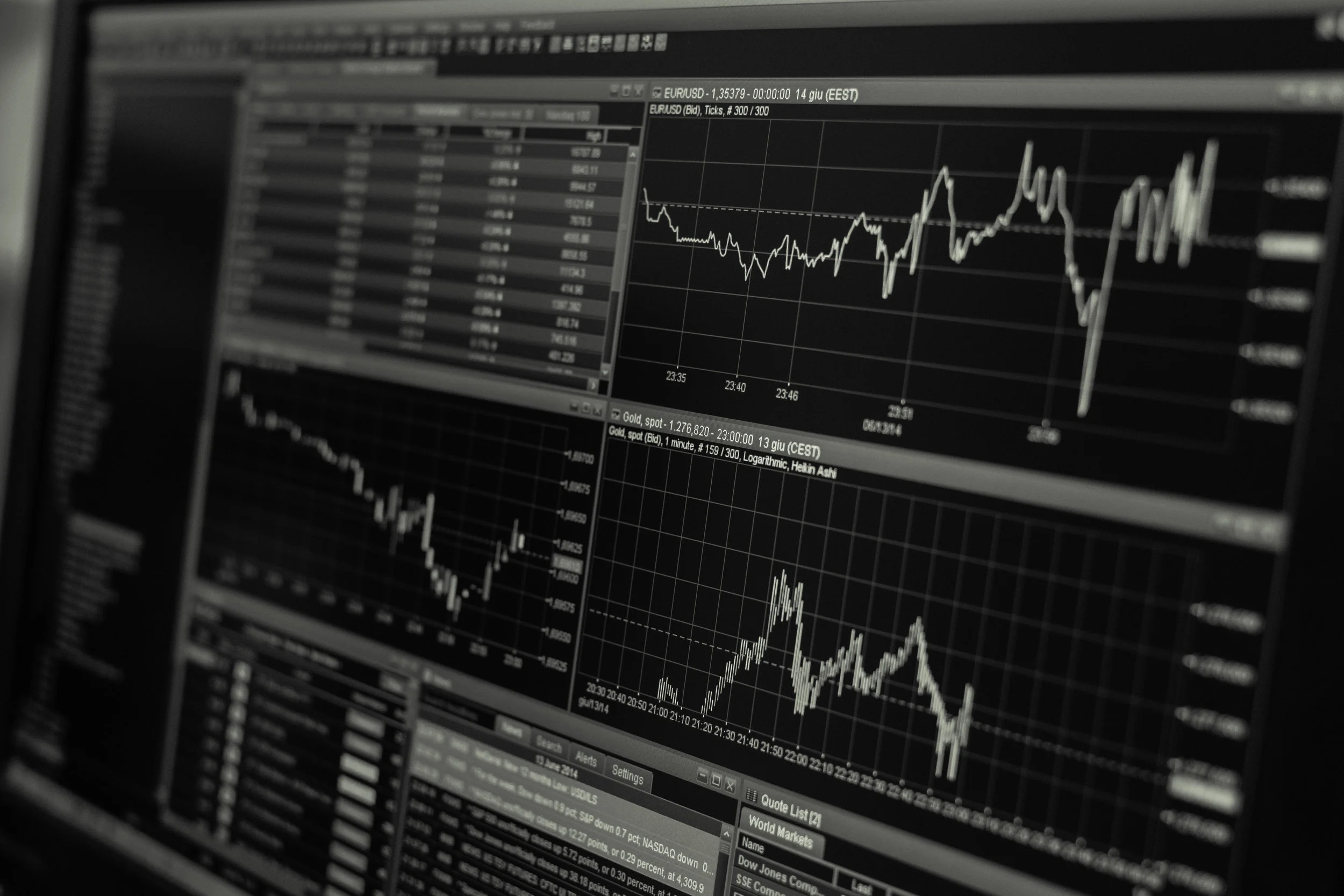Yesterday’s announcement on tariffs was both shocking and deeply unfortunate for U.S. companies, American families—particularly those in lower-income brackets—and international businesses and economies. It is difficult to identify any winners under these plans.
The Administration's perspective on international trade is fundamentally flawed. Trade deficits are not inherently problematic. Consider a simple analogy: when you pay a dentist for their services, and the dentist does not purchase anything from you in return, you technically have a trade deficit with them. However, this imbalance does not imply unfairness or harm. Similarly, trade deficits with other nations do not necessarily indicate unfair practices. Alarmingly, the new tariffs appear to be based on a fundamental misunderstanding of this concept. A great article in the Financial Times explains the flawed logic behind these calculations (please reach out if you need an alternative link to bypass the paywall). The methodology makes little sense, yet it underpins policies with far-reaching consequences.
The hardest-hit countries are not China, but rather neighboring Asian nations. Many U.S. companies have already shifted their supply chains away from China, increasing trade with nations like Bangladesh, Vietnam, and Laos. Ironically, these nations now face tariff penalties of up to 58% which is more than China’s rate. This raises serious questions about how these economies will manage under the new regulations.
The uncertainty created by these tariffs is also throwing American companies into turmoil. Supply chains that took decades to build arenow under threat, yet businesses cannot confidently pivot to U.S.-based production when these tariffs could be reversed in four years, four months or four days. The uncertainty makes long-term strategic planning nearly impossible.
Additionally, the projected revenue from these tariffs may never materialize. If the tariffs successfully encourage reshoring of production, imports will decline, and with them, the tariff revenues. This contradiction highlights a fundamental flaw in the policy’s design.
Moreover, these tariffs function as a highly regressive tax,disproportionately burdening working-class Americans who already struggle to make ends meet. Those living paycheck to paycheck will bear the brunt of rising costs, despite being the very people these policies are supposedly designed to protect.
On a personal note, my own family history is intertwined with the free trade debate. My great-grandfather ran Lion Mills, a Connecticut-based textile mill that later specialized in producing low-costcotton gloves for industrial use. In the 1980s, my father moved operations to El Paso, Texas, sourcing materials from Mexico to remain competitive againstrising East Coast labor costs. Within a decade, the business was bankrupt as cheaper imports from Asia and Latin America flooded the market.
While free trade led to the demise of Lion Mills and thousands of other U.S. manufacturers, I am ultimately grateful that neither my children nor I are working in a dusty factory producing cotton gloves. The U.S.economy evolved, creating more service-oriented jobs requiring advanced skills and education. Reverting to outdated economic policies risks undermining the nation’s long-term prosperity and global standing.
In anticipation of the tariff announcement, I ensured your portfolio was underweight equities relative to your benchmark. Unfortunately,this was not underweight enough given the severity of the news. Today, I sold an additional 10% of portfolio holdings to mitigate potential volatility and risk in the coming weeks. I will hold off on reinvesting these funds until there is greater clarity on the scope of the tariffs and how companies plan to adapt to this shifting landscape.





